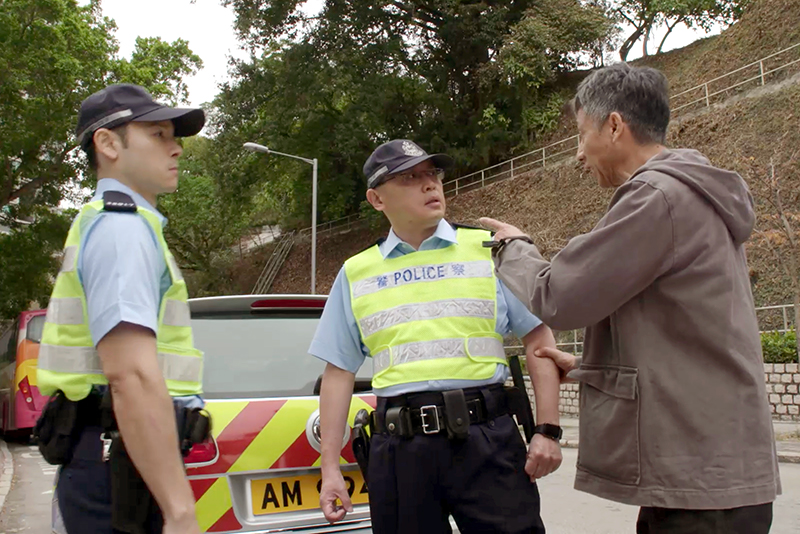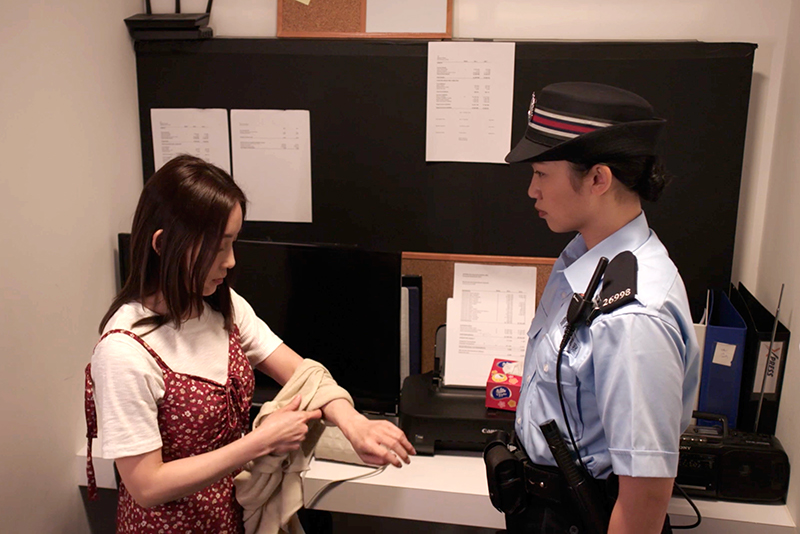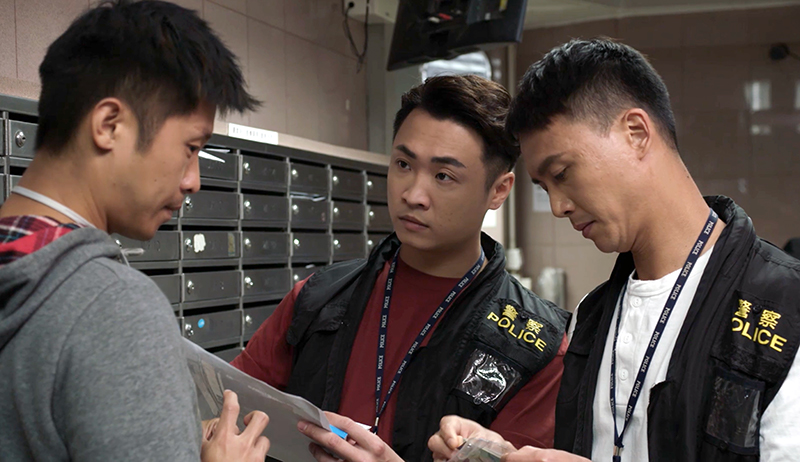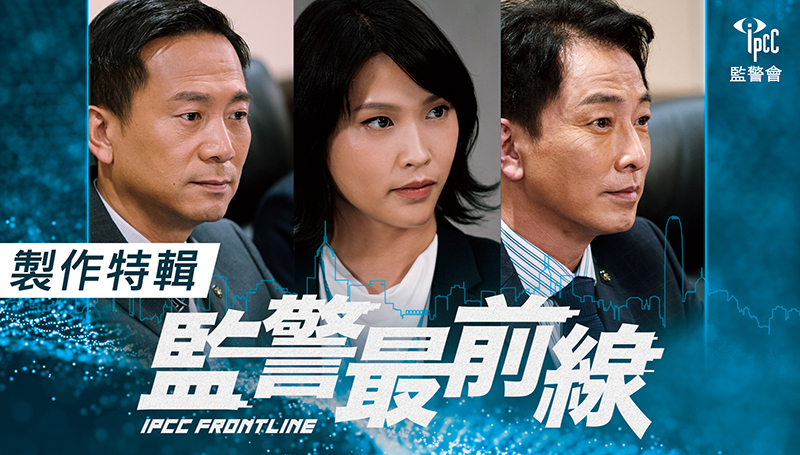Full versions and the making of IPCC Frontline (2021)
Episode 1 Use of personal mobile phone while performing dutiesWhile investigating an armed robbery case at a jewellery shop where the shopkeeper was injured, the police officer noticed that the suspect was caught on the shop’s CCTV. He then took a video of the CCTV clip with his personal mobile phone and sent the video to his colleagues in the district to facilitate tracking down the suspect. Subsequently, the CCTV footage went viral on the internet. The injured shopkeeper, feeling discontent about the incident, lodged a complaint against the police officer. |
|
Episode 2 Making false allegation of assault against police officersA man was disgruntled that a police vehicle was parked in the driveway and argued with two police officers. During the dispute, the Complainant tumbled to the ground but insisted that he was assaulted by the police officers and filed a complaint. The case was classified as “False” after investigation, resulting in the Police prosecuting the Complainant upon consulting with the Department of Justice. |
|
Episode 3 Body searchThe Complainant was suspected of taking away the banknotes left behind by someone at the cash dispenser of an ATM. A female police officer who was summoned on site took the Complainant to a closed room to conduct a body search but nothing was found. Later on, the Complainant lodged a complaint against the female police officer for unnecessary use of authority, alleging that the officer unnecessarily requested her to take off her clothes during the search. Since there was neither third party / witness present during the search, nor any other corroborating evidence, the IPCC decided to conduct “IPCC Interviews” with the Complainant and Complainee to clarify matters and to obtain a comprehensive understanding of the evidence and circumstances. |
|
Episode 4 Mentally incapacitated person (MIP)A MIP was arrested on suspicion of robbery but was later released due to his proven alibi. His family member lodged a complaint against the police officers for failure to provide medication during detention and the detention of the MIP for more than 48 hours. The IPCC identified deficiencies in the Police’s practices and procedures regarding the handling of persons with special needs, and made a series of recommendations to the Force. The Police responded positively by studying the recommendations and introduced a series of enhancement measures by cooperating with various stakeholders. |
|
The making of IPCC Frontline |





